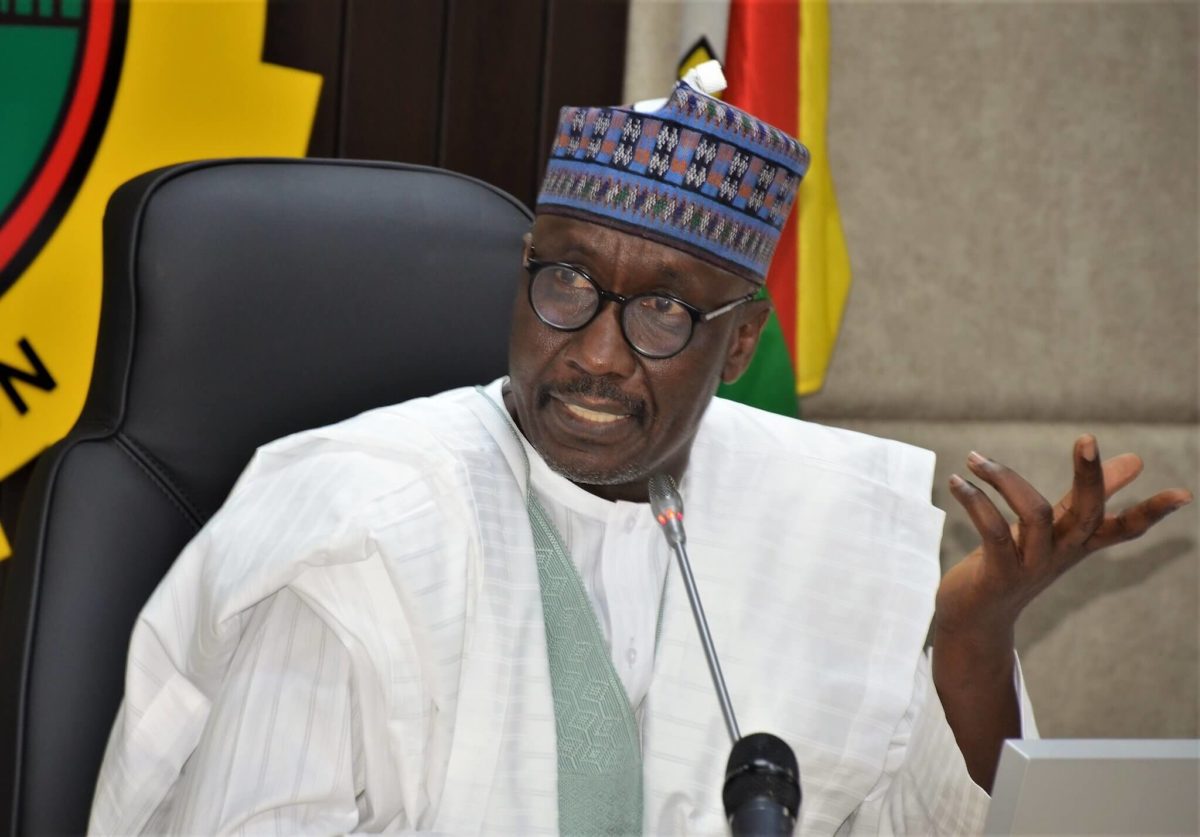Nigeria will stop the importation of petroleum products by next year, the Group Chief Executive Officer of the Nigerian National Petroleum Company Ltd, Mele Kyari has said.
Kyari said this on Tuesday during a press briefing at the State House in Abuja.
Advertisement
The importation of petroleum products has made the Federal Government to spend huge amount on subsidy.
In January, February, March and April of this year, the government incurred N210.38bn, N219.78bn, N245.77bn and N271.58bn for payment of fuel subsidy respectively, giving a total of N947.51bn during the four-month period.
The government had recently approved an increase in the estimated provision for Premium Motor Spirit subsidy for 2022 by N442.72bn from N3.557trn to N4trn.
The World Bank had last month estimated that the increase in global price of crude oil will push the fuel subsidy budget of the federal government from the current N4trn to about N5trn by the end of this year.
Advertisement
Speaking at the briefing, Kyari told journalists that the refining of petroleum products from the Dangote refinery which is scheduled to begin operations next year and state-owned refineries would eliminate any importation of petroleum products into this country.
He said the NNPC Ltd has 20 percent stake in the Dangote refinery which gives the company a competitive edge in selling its crude and extracting value from refined petrol.
The NNPC had last year secured the Federal Executive Council approval to rehabilitate the Warri and Kaduna refineries at a cost of $1.5bn ($897,678,800 for the former and $586, 902,256 for the latter) contract awarded to Italian company, Saipem.
The Port Harcourt refinery also got a $1.5bn contract awarded to another Italian firm, Maire Tecnimont SPA to fully overhaul it.
Warri and Kaduna refineries have installed output capacities of 125,000 barrels per day (bbl/d) and 110,000bbl/d respectively, while Port Harcourt has 210,000bbl/d.
Advertisement
As announced, their revamps which Kyari said would be a complete overhaul and rehabilitation, are in phases of 21, 23, and 33 months for Kaduna and Warri, and 18, 24 and 44 months for Port Harcourt.
The GCEO added that because Nigeria’s population, the middle class as well as demand has grown, the volume of petrol required in the country has increased.
He said NNPC owned 20 percent equity in the Dangote Refinery and has a first right of refusal to supply crude oil to the plant.
He said, “Even if all our four refineries in three locations are operating at 90 per cent of installed capacity, they will only be able to raise 18 million litres of Premium Motor Spirit (PMS). That means even if all of them are working today, you would still have a net deficit of PMS to import into this country.
“But we saw this energy transition challenge coming. We knew that time will come where you would look for people to buy your crude and you will not find,” he said.
“And that means we have locked down ability to sell crude oil for 33,000 barrels minimum by right for the next 20 years and by right also we have access to 20 percent of the production from that plant.”
Advertisement
Kyari added that the Dangote refinery would begin producing by the middle of next year, adding that it can produce up to 50 million litres of PMS.
“The combination of that and our ability to bring back our refinery will eliminate any importation of petroleum products into this country next year. You would not see any importation into this country next year,” Kyari said.
“This is very practical. As a matter of fact, when we are done with our own refineries and the Dangote refinery, there remain other small initiatives that we are doing, small modular condensate refineries that we are building. If that happens and we are very optimistic it will happen, you would see that this country will now be a net exporter.
“As a matter of fact, it will be a hub for the export of petroleum products, not just to the West African sub-region. This will happen. The flow of supply will change by the middle of next year, it will change. You will not need the importation of petroleum products into this country by the middle of next year.”
ENDS



